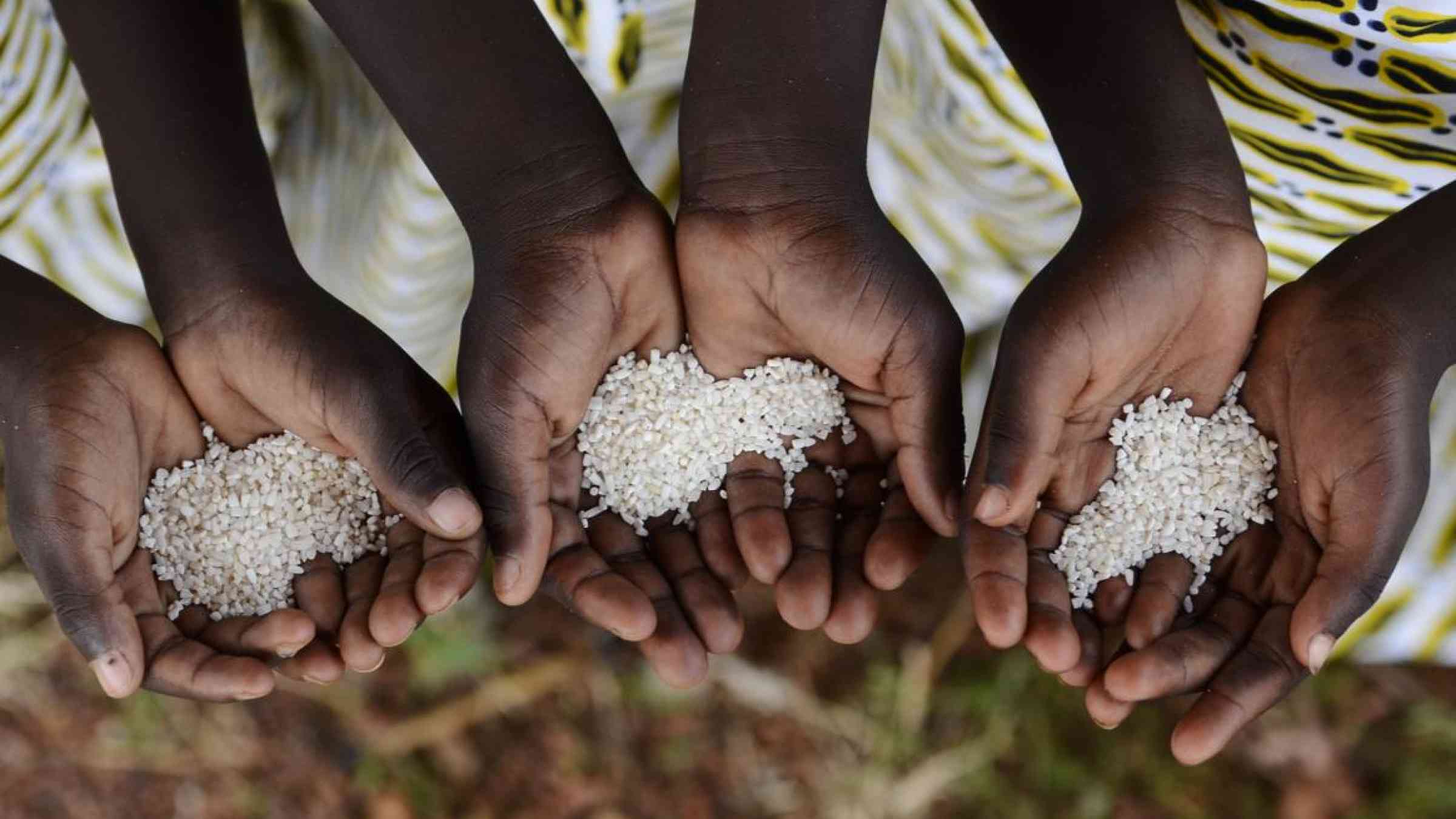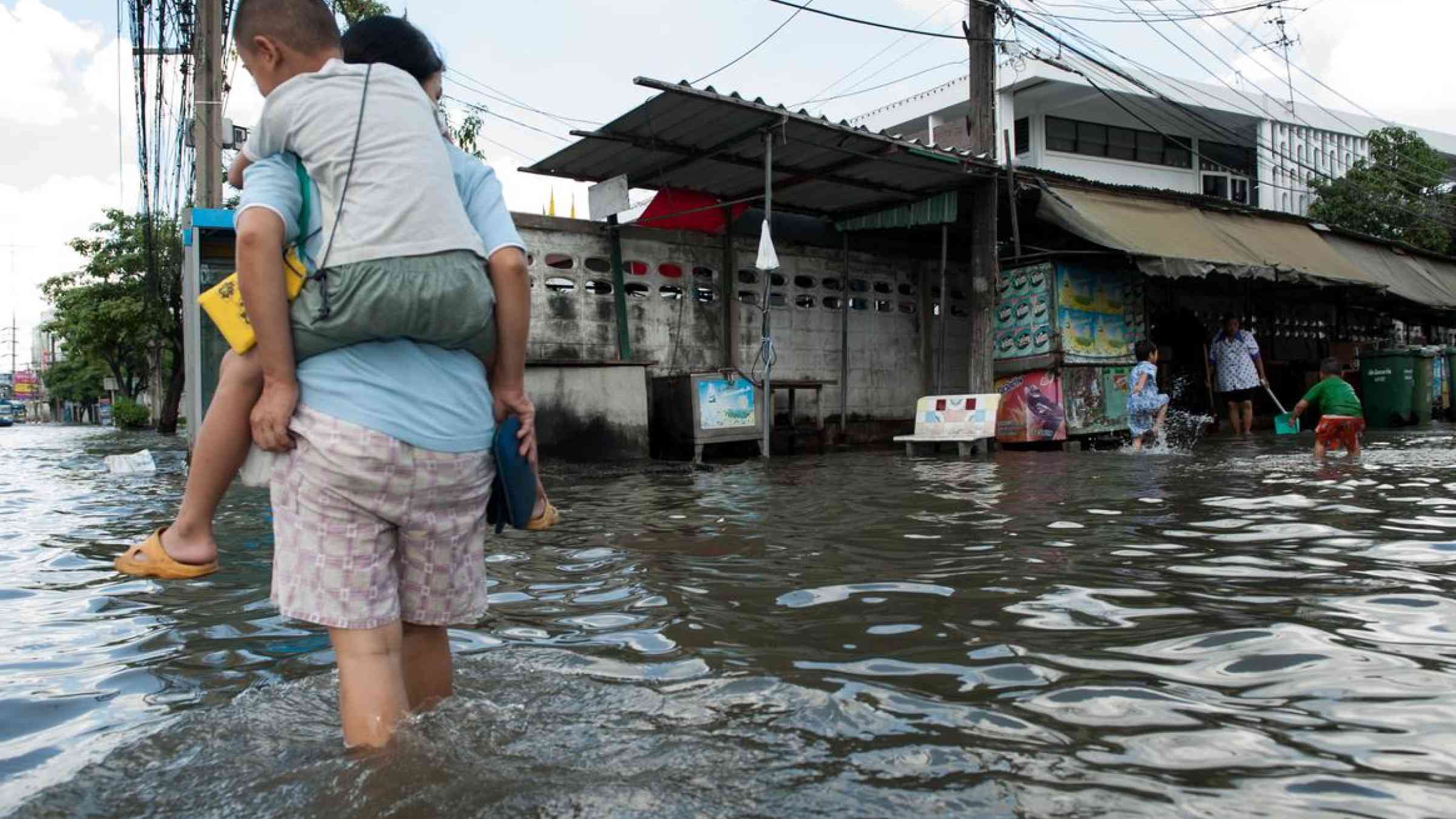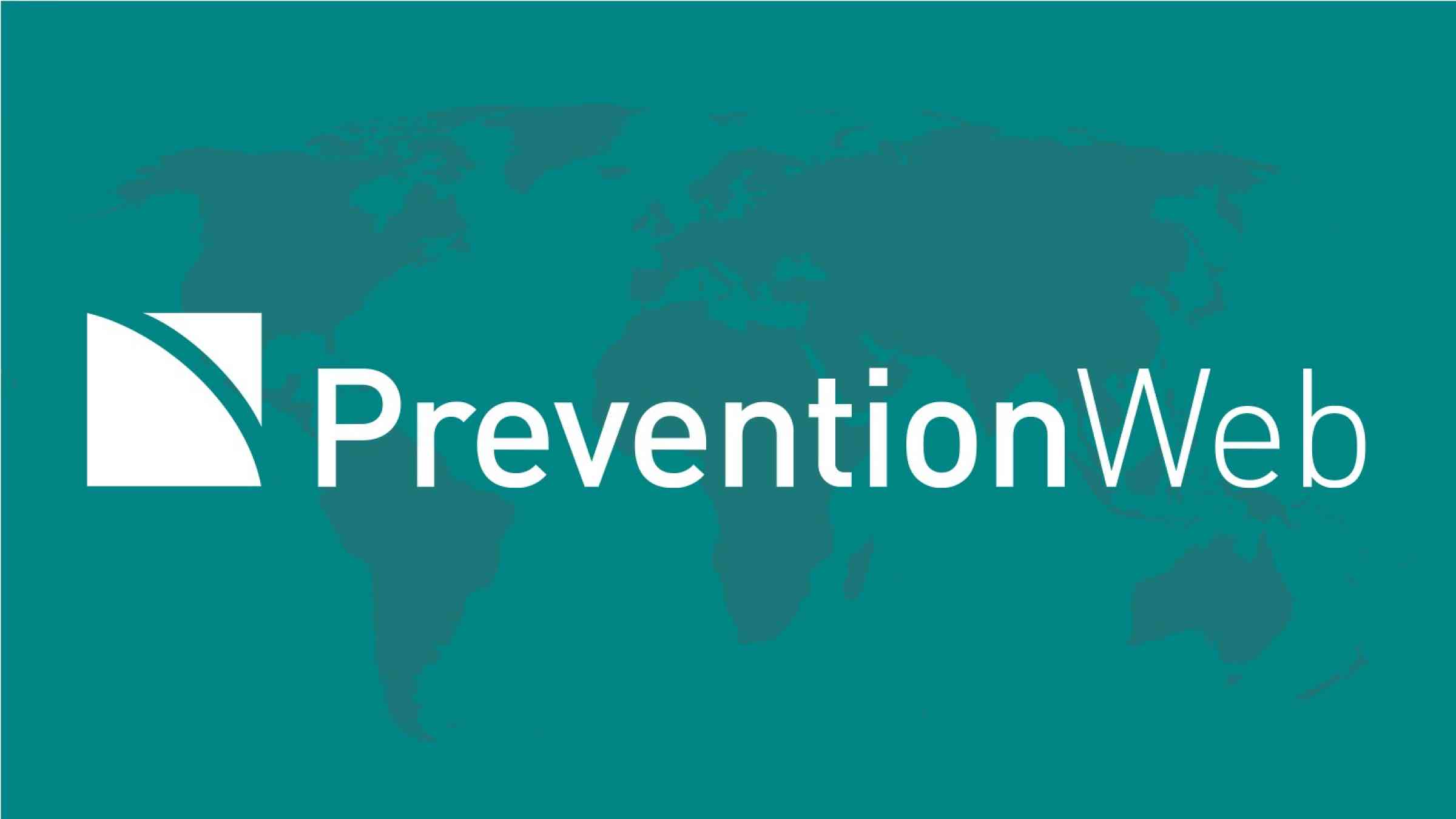Systemic Risk
Systems can be affected by critical events or shocks that occur outside or within the system. Systemic risk is associated with cascading impacts that spread within and across systems and sectors via the movements of people, goods, capital and information within and across boundaries. The spread of cascading impacts can lead to potentially existential consequences and system collapse across a range of time horizons.





